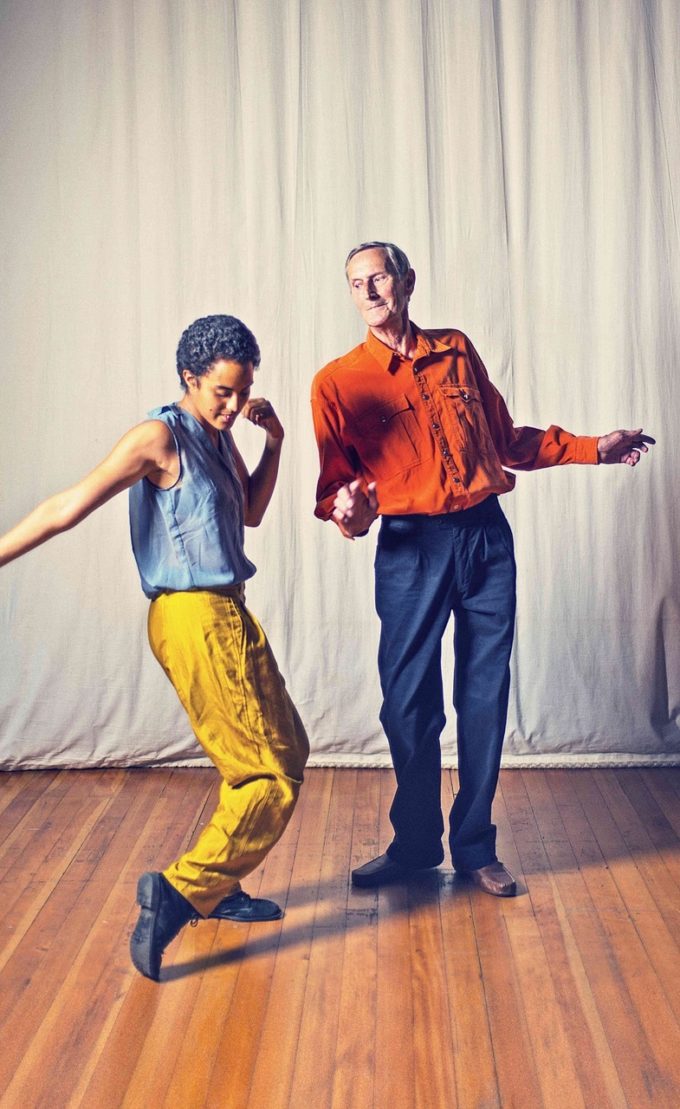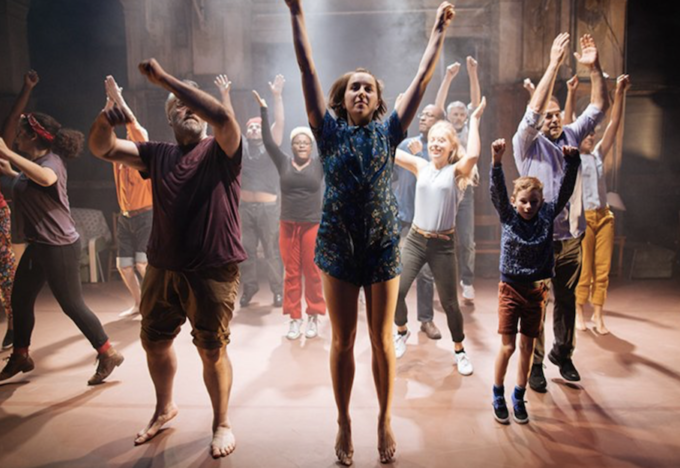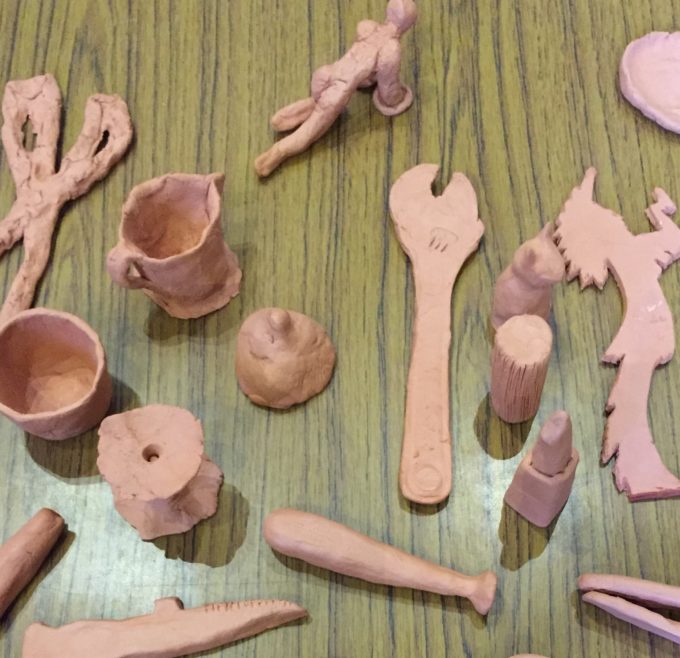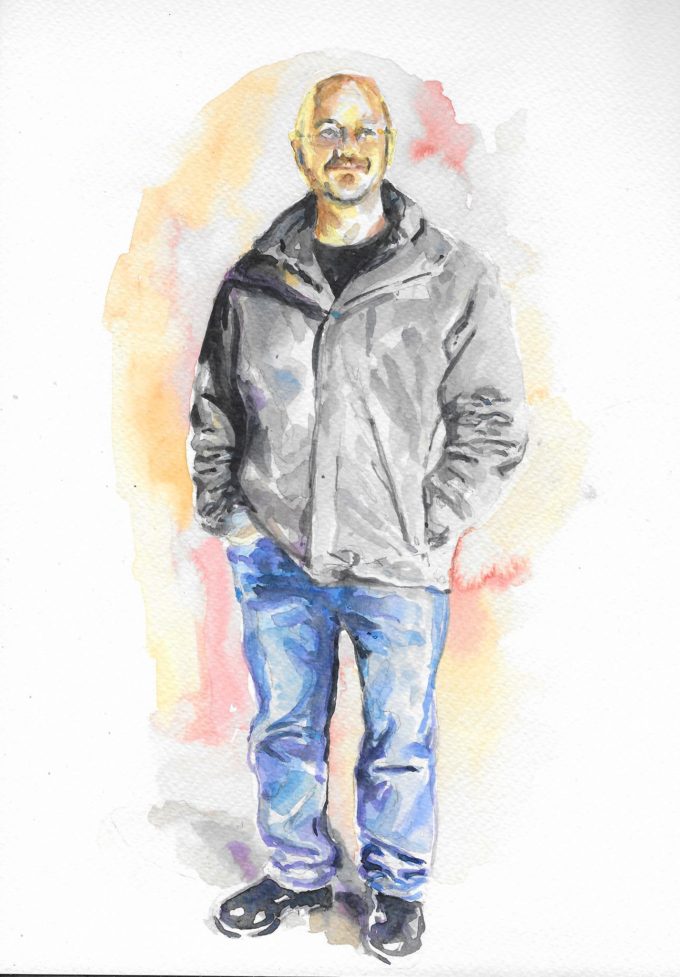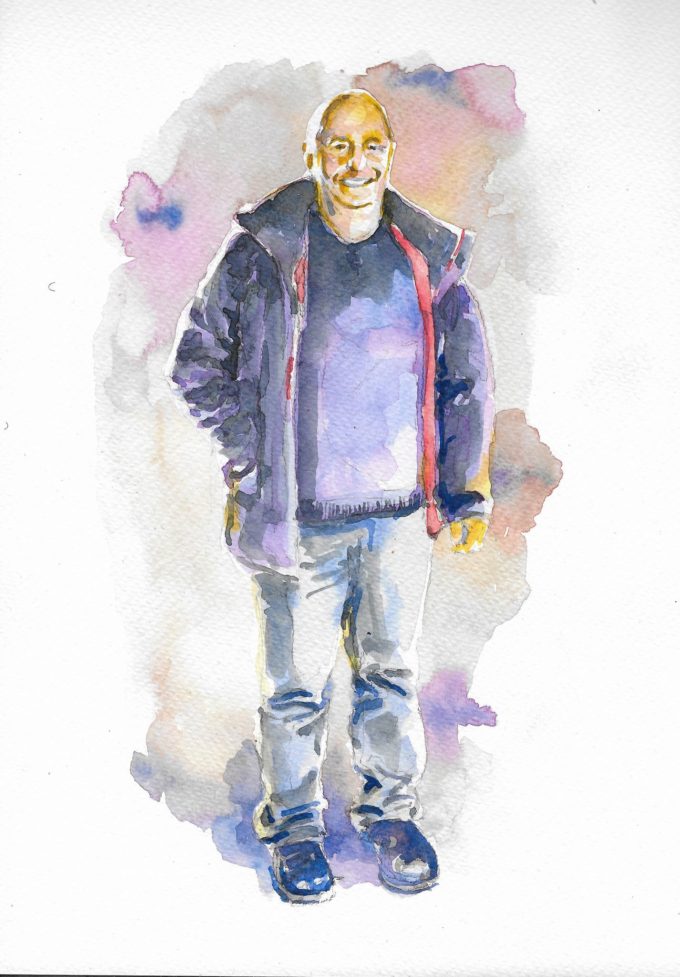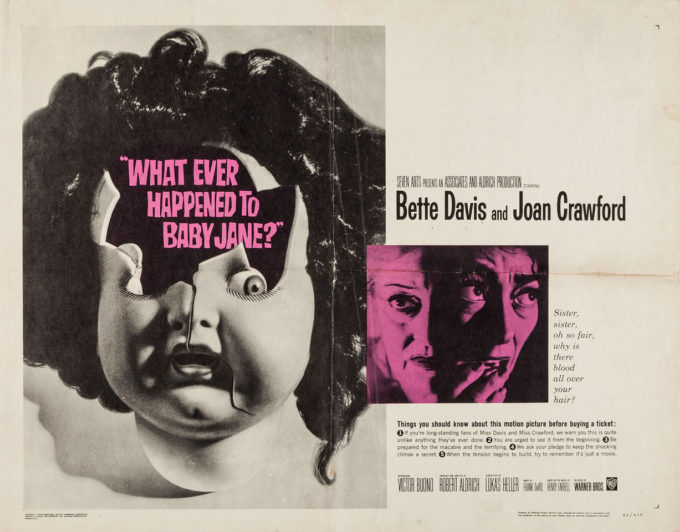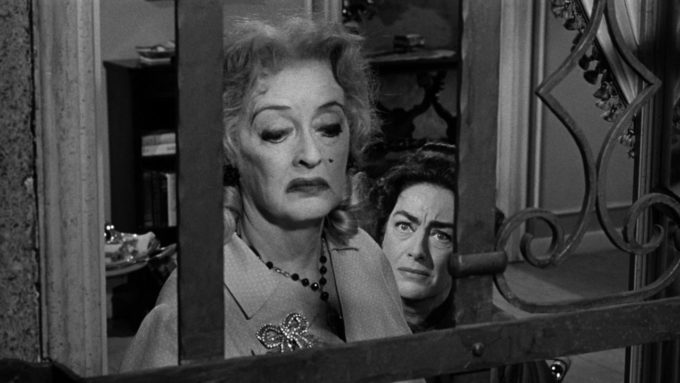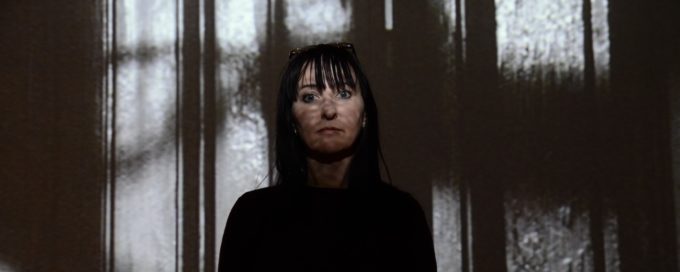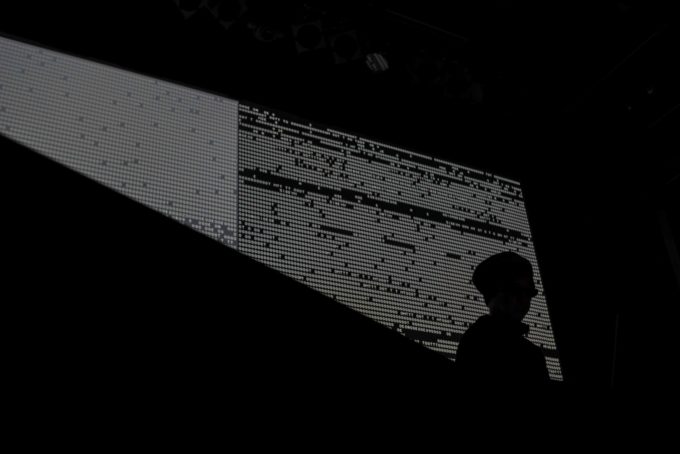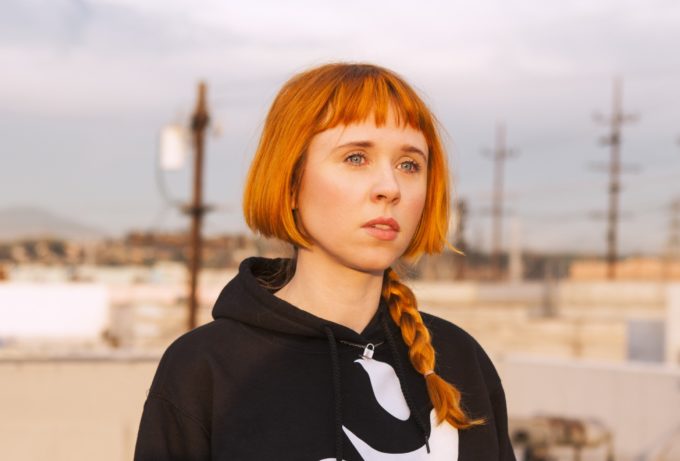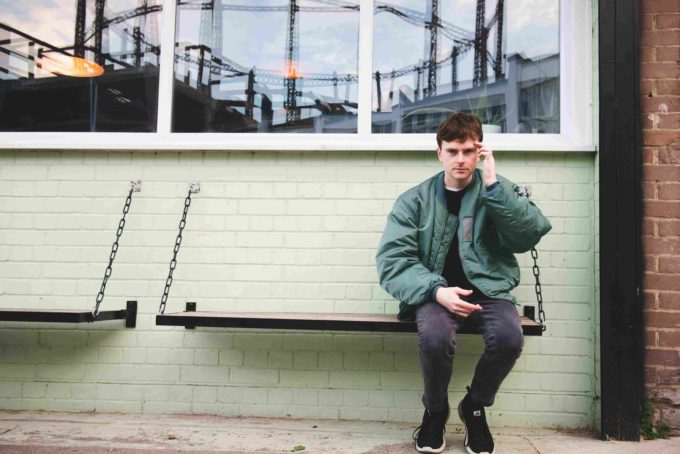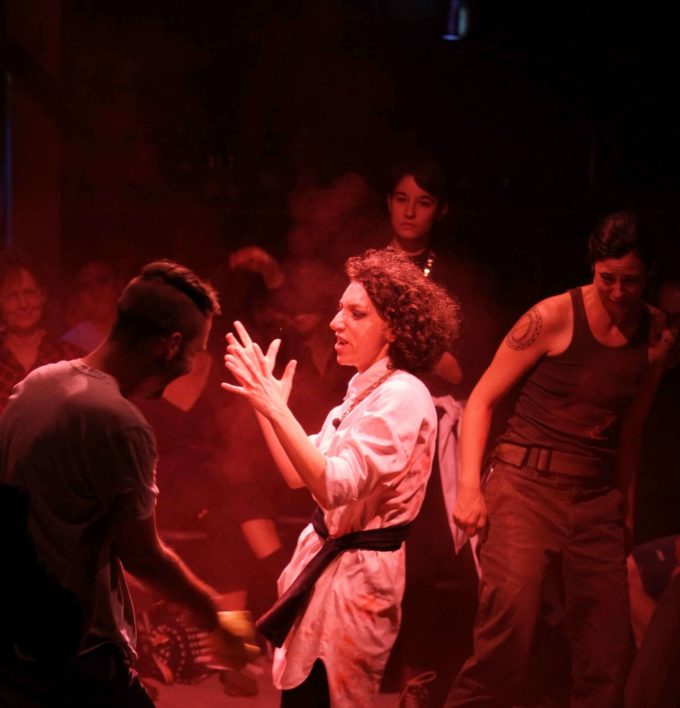
Rachel Mars comes to Attenborough Centre for the Creative Arts this Saturday, 21 October, with Our Carnal Hearts.
Our Carnal Hearts comes to us hot off a run at Edinburgh Fringe which received rave reviews.
Rachel tells us more…
“Our Carnal Hearts is a performance that is a cross between theatre, comedy and singing session and constantly takes you from laughter to dead seriousness. It’s a show about envy, competition and the way we screw eachother over. Envy is a really taboo subject - so it provides a place to think about the grubbier bits of ourselves and how we can live with them. It puts success and achievement under the microscope. It is performed by me with a four-strong female chorus, who sing a brilliant, beautiful and raucous score composed by Louise Mothersole. We perform it in the round - it’s intimate, funny, and political, and asks questions of the current social climate.
Inspiration comes from multiple sources. The show began as a thought after the London Riots in 2011, seeing how a reaction to an injustice turned quickly into looting and an accumulation of ‘stuff.’ I was really thinking about the pressures we all have on us to compete, to own things, to look over our shoulders at the next guy. I read a lot of material about the psychology, anthropology and sociology of envy, interviewed marketing experts, advertising lecturers, business people, and friends about their attitudes to envy. I also got very into the Sacred Harp singing tradition, for the sheer joyous un-self-conscious noise it creates.
I wouldn’t call the show a musical. It has almost constant singing going on but not ‘numbers’. I was interested in choirs, the act of singing together and the way that makes us feel brilliant and like a community, but also how that feeling of togetherness can easily be manipulated by people in power. It allows the show to ask questions about communities and individuals. I love the notion of singing the unspeakable, of coming together and being in harmony on issues that are deeply personal and normally experienced alone. Music, and especially the unaccompanied human voice, hits an emotional (and unconscious sometimes) nerve when you hear it. I find it can move me even when I’m not consenting to be moved. I watched a lot of musicals growing up, and that moment when the huge choral number comes in, even if the sentiment is questionable, it is so powerful. It’s hugely seductive, so to experiment with it as a thing both of beauty and to express troubling concepts was very satisfying.
Audiences are generally entertained, thrilled and slightly prodded - they go away considering all the ways their own envy has had an impact on them and the way they operate in the world. It’s a joyous show, you’ve been singing, you’ve been told stories and by the end you wonder how you are implicated .I hope they’ll have had some time to think about their own relationship to envy. To wrestle with it, reclaim it and not immediately find it shameful. I hope they’ll take away a sense of the complexity of our current attitude to competition. I hope they’ll have laughed at things that are both funny and a bit awful. I think it can be a joyful and cathartic experience. Plus, they’ll learn a great line to use when anyone they know achieves something that makes them feel not entirely delighted.. Plus, audiences will learn a great line to use when anyone they know achieves something that makes them feel not entirely delighted.”
Tickets include Pay What You Decide and can be purchased here: http://bit.ly/2zchFe0
